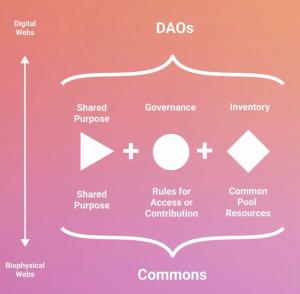We can cultivate technologies that help us better observe and understand how we are situated in place; which support practices of attentiveness and thinking in context with one another; which don’t harvest us, but instead animate and extend our relationships with the living world.
— Austin Wade Smith, A New Order of Regenerative Kinship

I like thinking about technology in terms of, where does the thinking occur? Where is the attention held?
— Austin Wade Smith, A New Order of Regenerative Kinship
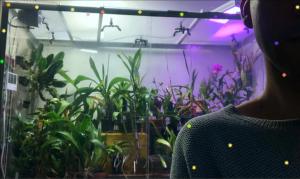
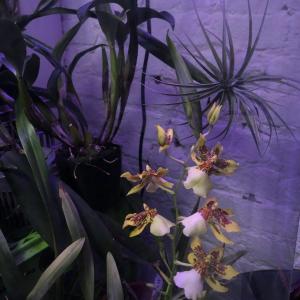
I’m always looking for technologies that are able to better situate us within a place, and help us entangle ourselves further; where the tool enables the process of observing the world more closely, and helps us better understand our relationship with it.
— Austin Wade Smith, A New Order of Regenerative Kinship

We’re currently in a scenario where there’s an enormous number of webs being destroyed. We could talk about that as climate collapse, or mass extinction, or ecoside and genocide, or through a number of other lenses. But simultaneously to that, we’re spinning up a whole new regime of new kinds of webs that bestow new kinds of social interactions, and which offer new kinds of global communities.
— Austin Wade Smith, A New Order of Regenerative Kinship
We live in a world that’s populated with living subjects, both human and non-human, and the legitimacy bestowed through different social infrastructures is tenuous for many.
— Austin Wade Smith, A New Order of Regenerative Kinship
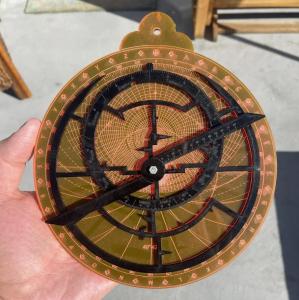
Essentially, we [the Regen Foundation] try to make it possible for environmental stewardship to be a viable way to make a living. It turns out that’s actually very difficult.
— Austin Wade Smith, A New Order of Regenerative Kinship
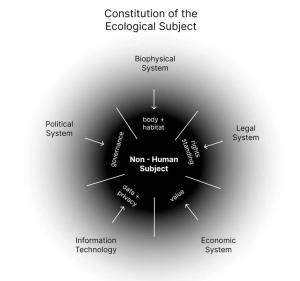
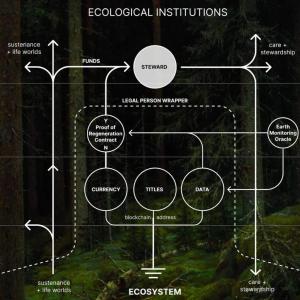
I’m interested in how we can think with the living world.
— Austin Wade Smith, A New Order of Regenerative Kinship
